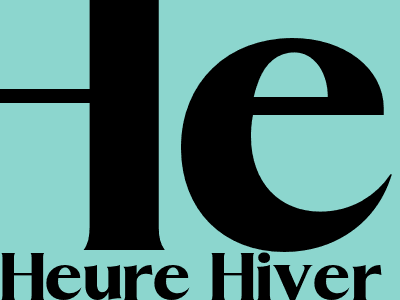Heure Hiver: About the History
What is Heure Hiver?
Heure Hiver is French for "winter time". It is a system of advancing clocks by one hour during the winter months in order to make better use of daylight. This means that the sun rises and sets one hour later than it would on standard time. As a result, people have more daylight in the evenings, which can be beneficial for activities such as spending time outdoors or going for a walk after work. Heure Hiver is also known as daylight saving time in some countries.
When does Heure Hiver start and end?
The exact dates of Heure Hiver vary from country to country, but it typically starts in late October or early November and ends in late March or early April. In France, Heure Hiver starts on the last Sunday of October and ends on the last Sunday of March.
What are the benefits of Heure Hiver?
There are several benefits to Heure Hiver, including:
- Reduced energy consumption: By making better use of daylight, Heure Hiver can help to reduce energy consumption. This is because people are less likely to use artificial lighting in the evenings.
- Increased physical activity: Heure Hiver can encourage people to be more active outdoors, as they have more daylight in the evenings.
- Improved mood: Some studies have shown that Heure Hiver can improve mood and reduce symptoms of seasonal affective disorder (SAD).
What are the disadvantages of Heure Hiver?
There are also some disadvantages to Heure Hiver, including:
- Disrupted sleep: Changing the clocks twice a year can disrupt sleep patterns. This can lead to fatigue, irritability, and difficulty concentrating.
- Increased risk of accidents: Some studies have shown that there is an increased risk of accidents in the days following a clock change. This is because people may be more tired or disoriented.

Komentar